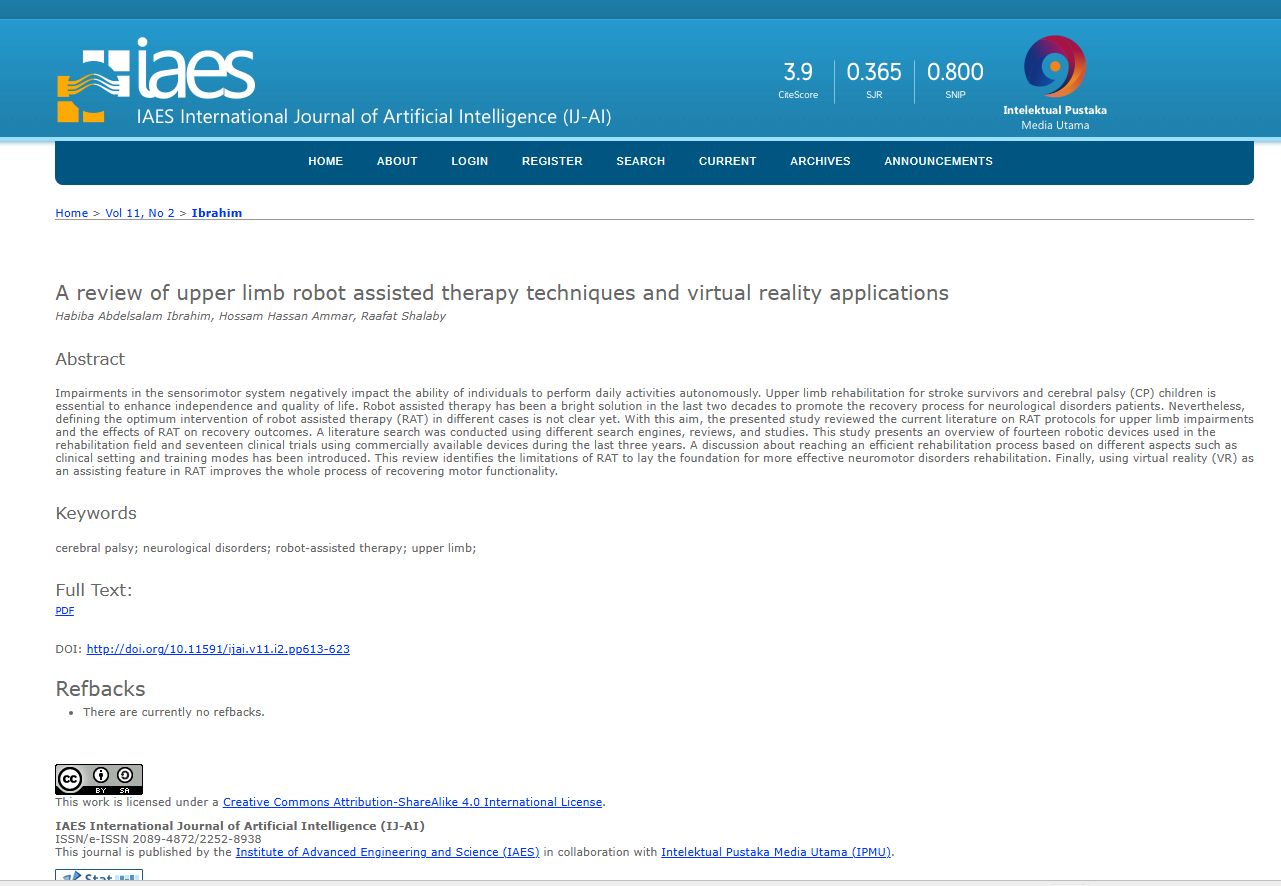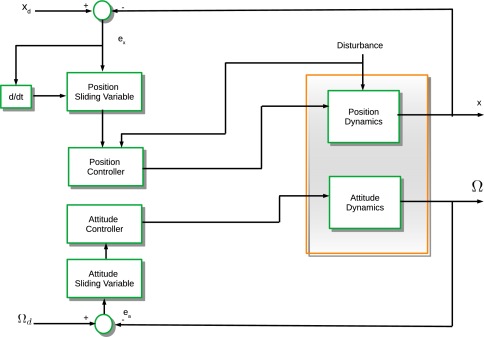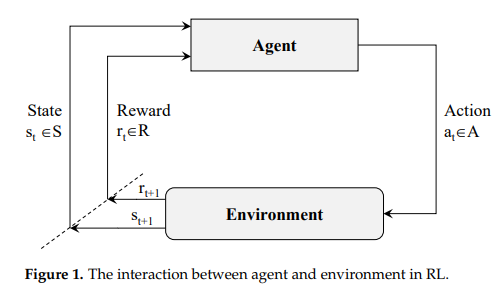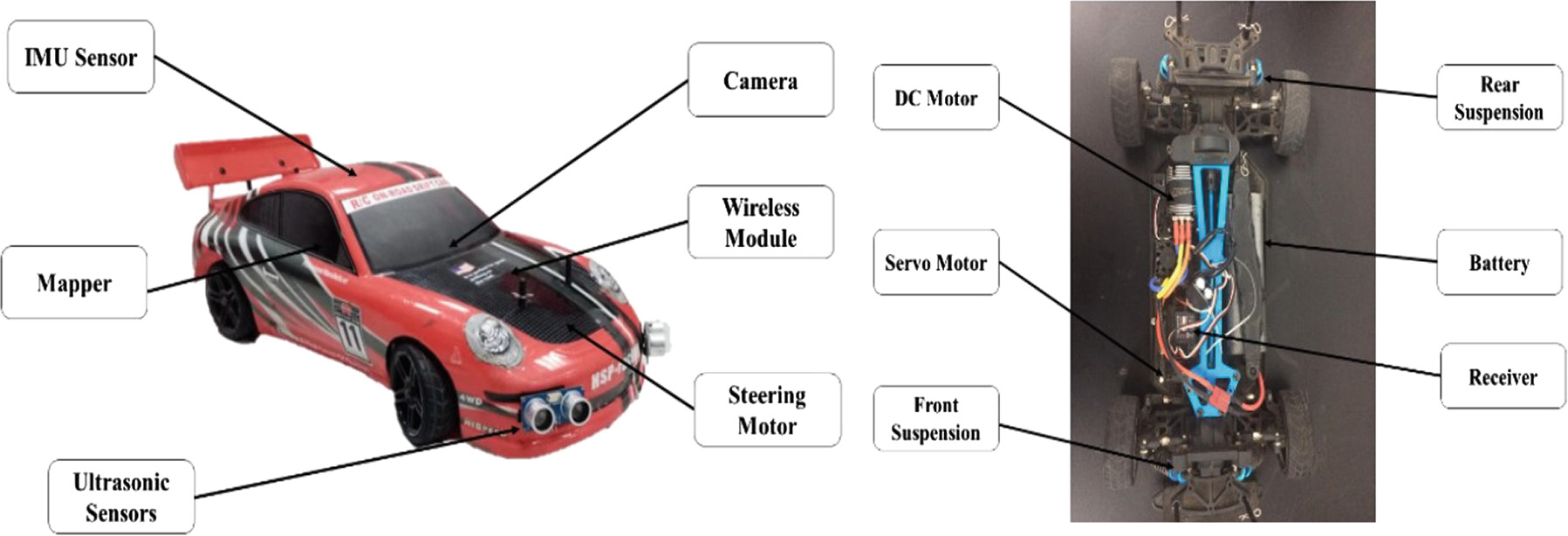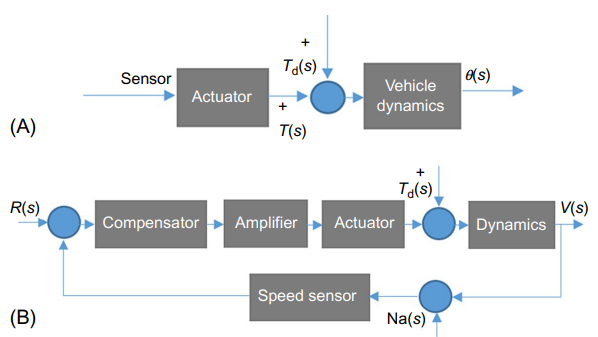Faculty Office Ext.
Faculty Building
UB2
Office Number
S12B
Biography
Habiba is a research assistant at Smart Engineering Systems Research Center (SESC), Nile University, Egypt. She obtained her B.Sc in engineering and applied science in 2020 with an accumulative Grade of 3.4 (Very Good). Currently, she is studying to obtain her M.Sc in mechatronics engineering from Nile University. Her main research interests are mechatronics and robotics systems, automatic control, and machine learning. Her M.Sc focuses on robot-assisted therapy with the aid of virtual reality and machine learning for upper limb rehabilitation and motor recovery.
Research Tracks
- Robotics
- Optimization
- Rehabilitation
- Virtual Reality



